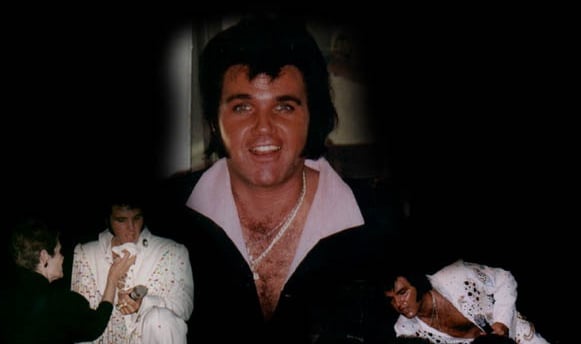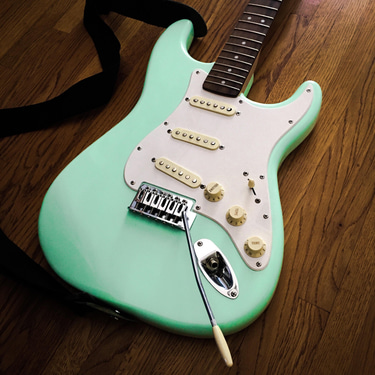Tribute show honors all that is Elvis
By Jim Dail
8/13/20253 min read


He was The King, the young man from Tupelo, Mississippi, who turned the music world upside down in the ‘50s and continues to be one of the most famous people to ever live.
This can be proven by the sheer volume of records and memorabilia sold, as well as the countless number of impersonators.
“People can say what they want, but there is a reason that he is considered ‘The King,’” said producer Kurt Brown, who brings his production, “One Night With Elvis,” to the Pechanga Showroom on Saturday. “Thirty-nine years later he is still one of the biggest draws in entertainment. I mean, there are more than 60,000 tribute artists.”
But don’t think that this show is a collection of stereotypical impersonators who like to dress up and act like Elvis in their garages or in cheesy productions.
“Yeah, a lot of impersonators are simply people with karaoke machines, but there are a number who are making a good solid living doing it,” Brown said.
“One Night With Elvis” is a look back on the career of Elvis featuring three actor/singer/impersonators who, as Brown puts it, cover the four stages of Elvis’ career.
The first phase is, of course, “The ‘50s,” the time period that featured a dozen Billboard Number 1 Hits and put Elvis on the map.
The next phase features “The Movies” period that saw Elvis become a feature star on the big screen. From there, the show moves onto the 1968 Comeback Special, where Elvis re-emerged as a Vegas star. Finally, the show concludes with “The Concert Years,” which saw him packing venues across the world.
“The show is not just a concert full of cover songs, but instead more like a play or musical,” Brown said. “This is a celebration of the life and music of Elvis, obviously condensed into 90 minutes.
The show features performances by three actors: Shawn Barker, Reggie Randolf and Rick Alviti, each with their own ideal talents.
“I wanted three performers who would compliment each other, and these are three great entertainers with strong vocals and good fits for their roles,” Brown said.
Barker is featured in the ‘50s phase and some of the movie period.
“Barker has a tremendous amount of energy, and at times it seems as though he’s ready to jump into the audience,” Brown said.
Randolf performs movie songs and some of the ’68 tunes.
“Reggie has a smooth, sophisticated persona and it fits perfectly what Elvis was doing in the ‘60s,” Brown said.
Finally, Alviti covers the rest of the ’68 special period and the concert years.
“He has a great ‘70s presence that captures what was happening at the time,” he said.
Brown points to the need for several artists to pull of the tribute.
“I don’t think one guy could do it because Elvis changed so much himself,” he said. “He went from songs like “Love Me Tender” and “Jailhouse Rock” to movie songs with horns and strings to covering Frank Sinatra, Tom Jones, all the old crooners. He also did country songs, songs by Simon & Garfunkel, just about everyone, and he made them his own.”
That said, the show focuses on the major songs of his career.
“Don’t expect to hear off the wall songs because this is a celebration of the big stuff,” he said.
Care has been taken to be as authentic as possible.
“The band we are using is the Expense Account Showband, the official band of the Elvis Presley Enterprises,” he said. “We have dancers, but they aren’t Las Vegas showgirls. They compliment the time periods that we are covering and use them when they are suitable, for songs that featured dancers.”
All in all, for Brown it is a labor of love as he is an Elvis fan. But it’s not just the songs that Brown admires.
“He was a star because of who he was,” he said. “He wanted to sing ‘Peace in the Valley’ during a TV show and his manager, Colonel Tom Parker, was adamant that if he sang it he would destroy his career because all the kids that were his biggest fans would look at him differently. He said he didn’t care because he promised his mother he’d do it. So he did the song and he became even bigger.”
And Elvis remains big decades after his death.
“His demographic continues to grow and as people are getting older, younger people are getting more and more into Elvis,” he said. “We see a lot of 20-year-olds now at the shows.”
He’s still the king.
